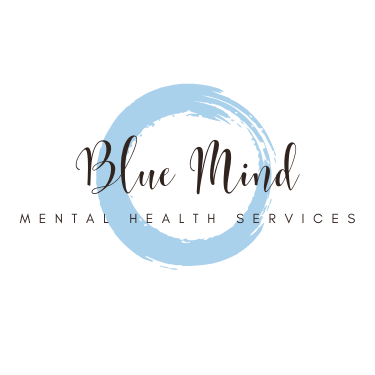Emotional Regulation in an Age of Overstimulation
In today’s world, our brains are bombarded like never before. From the moment we wake up, we’re hit with notifications, emails, news, and endless scrolling. Our nervous systems are running on overdrive no wonder so many of us feel constantly tense, distracted, and emotionally drained. We're experiencing more emotional triggers in a single day than our ancestors encountered in months. This reality makes emotional regulation not just a wellness buzzword, but a survival skill for the 21st century.
What Emotional Regulation Really Means
Emotional regulation is simply your ability to notice and respond to your emotions in a healthy way. Think of it as your internal thermostat, keeping your emotional “temperature” steady, even when life turns up the heat. But here’s the challenge: our brains weren’t built to handle the constant stimulation of modern living. We process five times more information daily than people did a few decades ago. Between screens, work, relationships, and social media, our emotional systems are under constant strain.
What Happens in the Brain When You’re Overstimulated
When you’re overwhelmed, your amygdala (your brain’s alarm system) sounds the alarm just like it did for our ancestors facing real danger. The problem is, our alarms now go off dozens of times a day for traffic jams, notifications, or critical emails. This constant activation keeps your body stuck in fight-or-flight mode. Over time, that stress wears down your brain’s ability to stay calm and think clearly. The good news? Your brain can rewire itself through practice but you have to train it intentionally.
Simple Tools to Regulate Your Emotions
1. Reduce unnecessary stimulation.
Start by limiting what overwhelms you. Turn off non-essential notifications, create phone-free times, and keep calm zones at home, spaces with soft lighting, minimal clutter, and soothing sounds. Small environmental changes can make a big difference.
2. Ground yourself when you’re overstimulated.
The 5-4-3-2-1 technique is a fast way to calm down: name 5 things you see, 4 you can touch, 3 you hear, 2 you smell, and 1 you taste. It brings your mind back to the present.
3. Listen to your body.
Notice where you hold tension, tension in you body often gives clues that you’re overwhelmed before your mind catches on. Taking a few deep breaths or stretching can interrupt that stress buildup.
4. Name what you feel.
Instead of saying, “I feel bad,” try being specific: “I feel anxious,” “frustrated,” or “disappointed.” Naming emotions actually calms your brain and helps you process them more clearly.
5. Build Daily Recovery into Your Routine You don’t need a weeklong vacation to reset, small, daily pauses are enough. Try walking outside after work before heading home, or taking short breaks between meetings without checking your phone. These “micro-recoveries” give your nervous system a chance to rest. Activities that restore your energy might include time in nature, playful movement, creative hobbies, or spending time with people who make you feel safe and connected. The key is consistency, not perfection.
Building Emotional Strength Over Time
Learning to regulate emotions isn’t about avoiding stress it’s about becoming more resilient to it. Try sitting with small discomforts without immediately distracting yourself. Over time, this builds your tolerance for bigger emotions. Expanding your emotional vocabulary also helps the more precisely you can name what you feel, the better you can manage it.
Start small. Choose one or two of the strategies above and practice them daily for two weeks. Notice the difference in your mood, focus, and energy.
In a world that constantly pulls your attention in every direction, learning to regulate your emotions isn’t just helpful, it’s transformative.
When to Reach Out for Support
If you feel constantly overwhelmed, emotionally numb, or find yourself relying on substances or distractions to cope, professional support can help. Therapists trained in Dialectical Behaviour Therapy (DBT) or Somatic Experiencing can teach powerful, science-based regulation skills. There’s no shame in getting help, recognizing you need support is actually a sign of emotional awareness and strength.
Ready to feel more in control?
At Blue Mind Mental Health Services, we help people develop practical, personalized tools to manage overwhelm and build emotional resilience. Book a consultation today and start feeling more grounded no matter how loud life gets.

